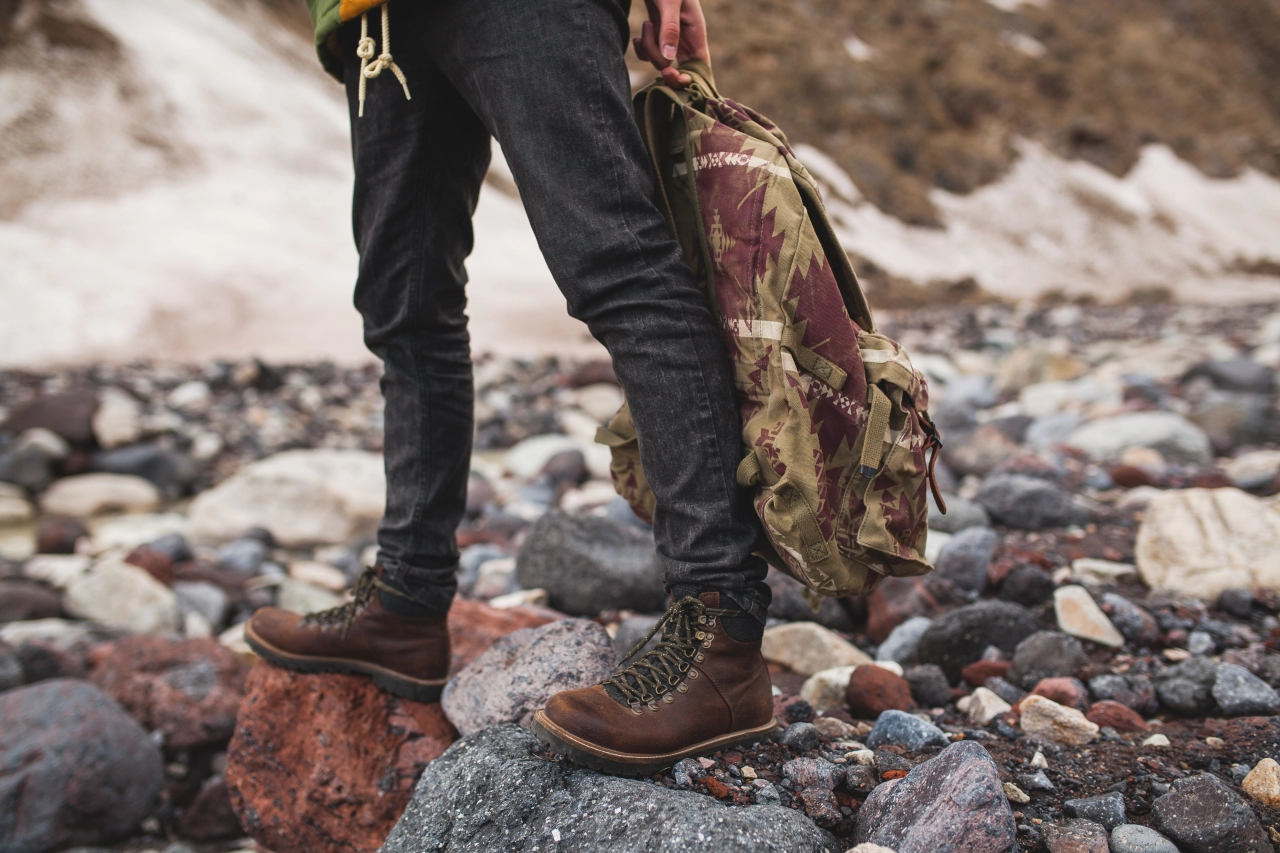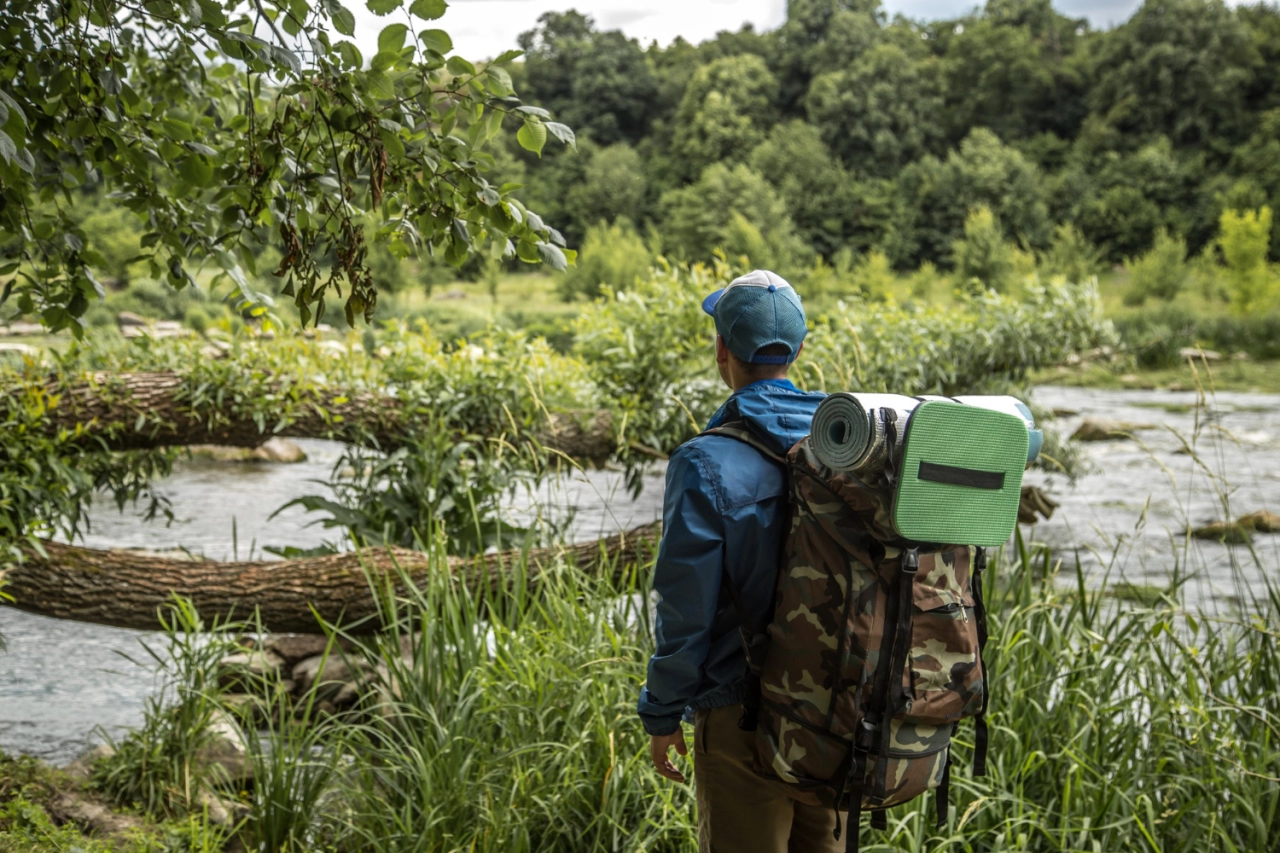Top 10 Best Backpack Hunting in 2023: Tips and Strategies for a Successful Trip
Backpack hunting is an exciting and tough outdoor activity that combines hunting with backpacking. Unlike regular hunting, backpack hunting requires hunters to go deep into the wild with all their gear and supplies on their backs. It's an adventure that challenges your body and mind and gives you stunning views, wildlife sightings, and a feeling of achievement.
In this complete guide, we'll go over everything you need to learn about backpack hunting, from essential equipment to planning, preparation, tips, and more. So, let's begin!

Top 10 Essentials Gear for Backpack Hunting in 2023:
When you go backpack hunting, it's important to have the right gear for a safe and successful trip. Here are some of the gear essentials you'll need:
Backpack: You'll need a high-quality backpack with a capacity of 3,000-5,000 cubic inches. This will allow you to carry all your gear and supplies comfortably on your back.
Tent: A good tent is essential to keep you safe and comfortable during your trip. Choose a lightweight, durable tent that can withstand the weather conditions of your hunting area.
Sleeping Bag: Your sleeping bag is one of the most important pieces of gear you'll need. Choose a sleeping bag with a temperature rating suitable for the expected weather conditions.
Food and Water: Bring lightweight, high-calorie foods that will give you energy for the trip. You'll also need plenty of water or a water filtration system to stay hydrated.
Clothing: Dress in layers and bring clothing suitable for the expected weather conditions. Don't forget waterproof and windproof gear to protect you from the elements.
Hunting Equipment: The equipment you bring will depend on the game you're hunting. Bring your firearm or bow, ammunition, and any necessary accessories.
Navigation: A compass, map, and GPS device are crucial for navigating through the wilderness. Make sure you know how to use them before you go.
First Aid Kit: A well-stocked kit can come in handy in an injury or emergency. Make sure to include basic supplies like bandages, antiseptic, and pain relievers.
Emergency Supplies: It's important to be prepared for unexpected situations. Pack a whistle, signal mirror, fire starter, and extra shelter in case of an emergency.
Personal Hygiene Items: Keeping clean in the field is important for your health and comfort. Bring toilet paper, wet wipes, hand sanitizer, and other hygiene items.
When packing, make sure to bring only what you need and keep your backpack as lightweight as possible. This will make it easier to carry and help you enjoy your trip without unnecessary strain on your body.
Pack the Right Backpack Hunting Essentials:
Choosing the right backpack is essential for a successful backpack-hunting trip. Here are some things to consider when selecting a backpack:
Capacity: Look for a backpack with a capacity of 3,000-5,000 cubic inches. This will give you enough space to carry all your gear and supplies comfortably.
Fit: Make sure the backpack fits your body well. Look for adjustable straps and a waist belt to help distribute the weight evenly.
Comfort: The backpack should be comfortable to wear for long periods. Look for features like padded straps and a mesh back panel to help with ventilation.
Durability: The backpack should be made of high-quality, durable materials that can withstand the rigors of the outdoors.
Weight: Choose a lightweight backpack to minimize the weight you're carrying.
Accessibility: Look for a backpack with easy-to-access compartments and pockets to make it easier to find what you need.
Extra Features: Consider features like hydration compatibility, rain cover, and attachment points for gear.
Take the time to try on several backpacks hunting before making a decision. Make sure to test the fit and comfort of the weight in the pack. Choosing the right backpack will help you stay comfortable and organized on your backpack-hunting trip.
Training and Preparation for Backpack Hunting
Backpack hunting is a challenging and rewarding experience that requires careful preparation and training. Whether you are a seasoned hunter or new to the sport, there are several key steps you can take to ensure you are physically and mentally ready for the rigors of backpack hunting.
Physical Training: Backpack hunting requires a high level of physical fitness, as you will be carrying a heavy load over rugged terrain for extended periods. Focus on building strength, endurance, and agility through activities such as weight training, cardio exercises, and hiking with a loaded pack. Gradually increase your training intensity and duration over time to avoid injury.
Mental Preparation: Backpack hunting can also be mentally challenging, as you may face unpredictable weather, difficult terrain, and unexpected challenges in the field. Prepare yourself mentally by visualizing successful hunts, practicing mindfulness and meditation, and developing a positive attitude toward challenges and setbacks.
Gear Preparation: Invest in high-quality gear and equipment that is durable, lightweight, and specifically designed for backpack hunting. This includes a backpack, sleeping bag, tent, stove, food, water filter, hunting gear, and first aid kit. Test your gear before your hunt to ensure it is in good working order and that you are comfortable using it.
Hunting Skills: Develop your hunting skills through practice and education. This includes learning about animal behavior, tracking, and field dressing. Practice shooting at different distances and angles, and familiarize yourself with the laws and regulations governing hunting in your area.
Safety Planning: Safety should always be your top priority when backpack hunting. Develop a detailed safety plan that includes communication protocols, emergency procedures, and a list of essential items to carry with you at all times. Share your plan with someone who is not hunting with you, so they know your whereabouts and can act quickly in case of an emergency.
By following these steps, you can prepare yourself for a successful and safe backpack-hunting experience. Remember to be patient, stay focused, and enjoy the journey!

Choosing a Hunting Location
Choosing the right place to hunt is important for a fun and successful hunting trip. Here are some things to think about when picking a hunting location:
Type of animal: Decide what kind of animal you want to hunt and learn about where they live and move. This will help you find good hunting spots.
Terrain: Think about what kind of land you want to hunt on and what kind of animal you're after. For instance, if you want to hunt big game, you might want to look for areas with mountains, hills, or canyons.
Public or private land: Choose whether you want to hunt on public or private land. Public land is usually easier to get to, but it can be crowded. Private land may have better hunting opportunities, but you'll need to get permission and may have to pay.
Hunting rules: Make sure you know the hunting rules in the area you're considering. This includes things like when you can hunt, how many animals you can take, and what kinds of weapons you can use.
Weather: Check the weather forecast for the area you want to hunt in and prepare accordingly. Extreme weather conditions can be dangerous and affect your chances of success.
Access: Think about how you'll get to the hunting location and whether you can hike, drive, or use other means of transportation.
Lodging: Look for places to stay, like campsites or lodges, near the hunting area.
By thinking about these things, you can find a good place to hunt that fits your needs and increases your chances of success. Remember to always be safe and follow hunting rules and regulations.
Backpack Hunting Strategies and Techniques
Backpack hunting is a unique and challenging experience that requires careful planning and execution. Here are some tips to help you make the most out of your backpack-hunting trip:
Research the area: Before heading out, research the area and learn about the local wildlife, terrain, and weather conditions. This will help you prepare and plan your trip accordingly.
Pack smart: Pack only what you need and prioritize lightweight and durable gear. Pack enough food, water, and first aid supplies for the trip.
Find a good campsite: When setting up your campsite, choose a location that is hidden from animals, close to your hunting area, and downwind from where they are likely to be.
Use cover and concealment: Use natural cover and clothing to blend in with your surroundings and stay hidden from animals.
Plan your approach: Plan your approach to the animal carefully, taking into consideration wind direction, noise, and visibility. Move slowly and use natural terrain features to hide your approach.
Take ethical shots: Only take shots when you have a clear shot and know you can make the shot accurately. Be patient and wait for the animal to be in the best position before taking your shot.
Practice safety: Safety should always be your top priority when backpack hunting. Follow safe firearms handling practices, carry a first aid kit, and communicate your safety plan with someone who is not hunting with you.
By following these tips, you can increase your chances of success and enjoy a safe and rewarding backpack hunting trip. Remember to always respect the environment, obey hunting regulations, and prioritize safety during your hunt.
Conclusion
In conclusion, backpack hunting is a thrilling and rewarding activity that requires careful preparation, physical fitness, and mental fortitude. By packing light, training and preparing properly, choosing a suitable location, and implementing effective hunting strategies and techniques, you can increase your chances of success and have an unforgettable experience. Whether you're a seasoned hunter or a beginner, backpack hunting offers a unique opportunity to explore remote wilderness areas and challenge yourself in new ways. So why not give it a try? With the right gear and mindset, you could be on your way to a successful backpack-hunting trip. If you want to learn more about backpack hunting, be sure to check out the resources available online or connect with other hunters in your area.